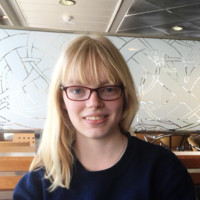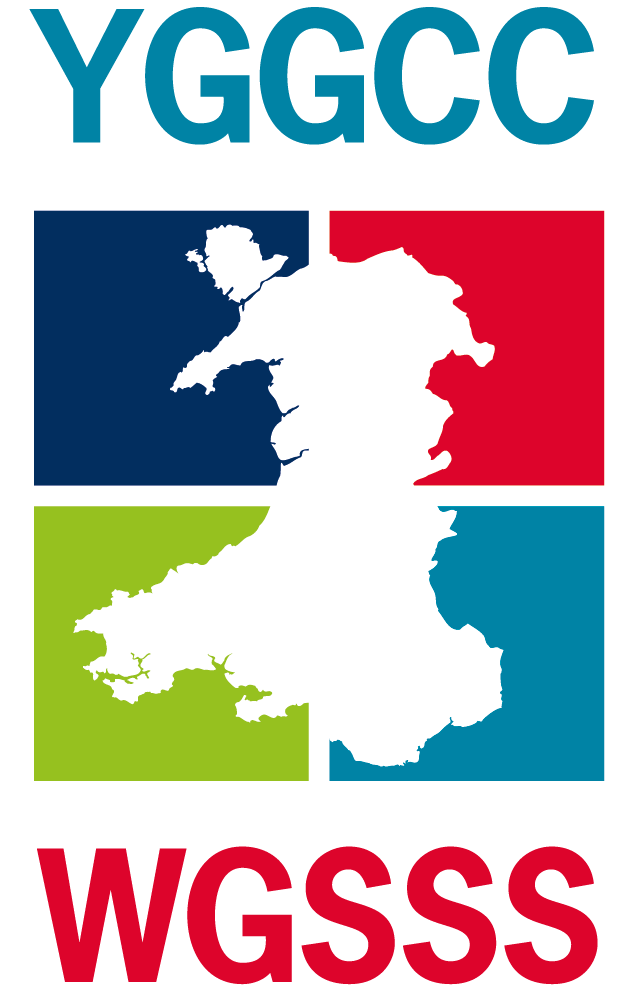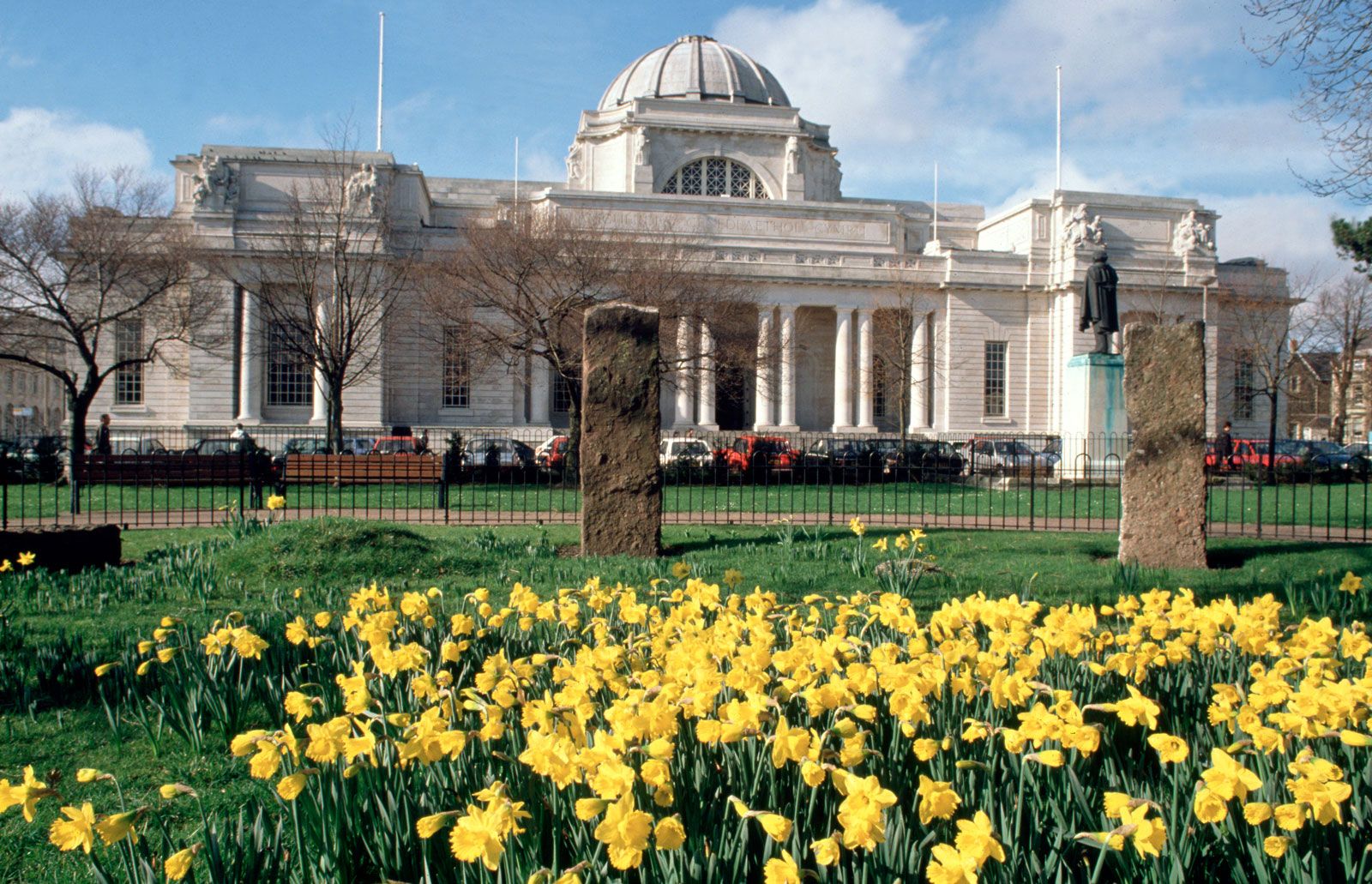
WGSSS student Susannah Paice writes about her placement with Amgueddfa Cymru.
Why did you apply for an internship with Amgueddfa Cymru?
In the Spring of last year, I was getting to the point in my PhD research where a break would make sense. Since the initial data collection and analysis was done and everything was going to be nicely wrapped up for a conference presentation that summer, the timing was perfect.
I was keeping an eye out for internship opportunities in the WGSSS newsletter because I had heard good things about other people’s experiences, but I wasn’t sure if I would find anything to suit my interests and skill set.
As it happened, the Heritage Skills internship opportunity came up just as I started looking, and I got excited about it even though the project didn’t relate closely to my field of research (second language acquisition). The heritage sector is something I’m interested in but haven’t been hugely involved with before, so I thought the internship would be a good way to try it out. Also, as someone who has gone straight through academia with only minimal experience of the outside world, I was hoping to get a taste of what it would be like to work in a different sector.
What did your role at the internship involve?
The overall aim of the project was to gather information that could be synthesised into a report on the state of heritage crafts within Amgueddfa Cymru. That report could then form the groundwork for a larger craft strategy, which was to be developed at a later date.
In practical terms, week 1 was spent getting to know my supervisors and familiarising myself with the context of heritage crafts in the UK. The first month was a combination of independent research and talking to employees at St Fagans about all sorts of figures and themes that would be relevant. This period was quite daunting because it highlighted to me how much I didn’t know about the sector and how big the project could easily become. By the end of the second month, I had gone on (funded!) trips all around Wales to visit the other sites and interview Amgueddfa Cymru employees including craftspeople, curators, marketing teams, site heads, directors, and just about everybody in between. The final month was spent conducting the very last internal interviews, speaking to people from other organisations relating to heritage crafts, collating the themes that came up, and, of course, writing the report.
Aside from the site visits, most of the internship was spent working from home. I went into St Fagans around once per week for interviews and to look at onsite materials, and I also made some trips to the National Museum in Cathays to visit the library. I had weekly(ish) meetings with my main supervisor up until the final few weeks, at which point I started having additional meetings with the Research Development Officer, who looked over drafts of the report and helped with the final formatting.
Did the internship help develop your research skills?
Definitely. Most of the skills that were needed during the internship were ones I had already used during my own research to a small degree, but this project gave the opportunity to practise them further. The most obvious skill I used was interviewing. Before the internship, I had conducted less than 15 interviews in my whole career, and during my three months with Amgueddfa Cymru, I did around 40. As a naturally shy person, having that experience is an invaluable confidence boost.
At the start of the internship, I was worried about making mistakes and not doing everything in the way my supervisors envisaged. As time went on, it became clear that my supervisors, although always willing to help, were very busy people. A three-month project is very different to a three-year one, and I had to learn how to use my time very efficiently. After a little flailing, I eventually figured out that I was capable of managing the details of the project and could get everything done in time.
What advice would you have for anyone considering an internship as part of their doctoral training?
- Be willing to look at areas outside of your field. It’s your skills that the host organisation wants – any subject-specific knowledge can be acquired along the way. Of course, it’s important to be interested in the internship project, but I would recommend thinking about the skills you want to practise as well as the content.
- Don’t be put off because you think that hundreds of other people will be applying for the same internship. There’s a chance that the one you’re interested in is too niche for most people, and even if it is popular, you have a great skill set already and stand as good a chance as anybody.
- Ask people who have completed an internship about their experiences. These will differ depending on lots of factors, like the host organisation and the type of project, and having more information might help you decide if you want to apply for an opportunity. Most people are also happy to help however they can, so don’t be afraid to ask to see their successful application forms if you think that would be helpful.

